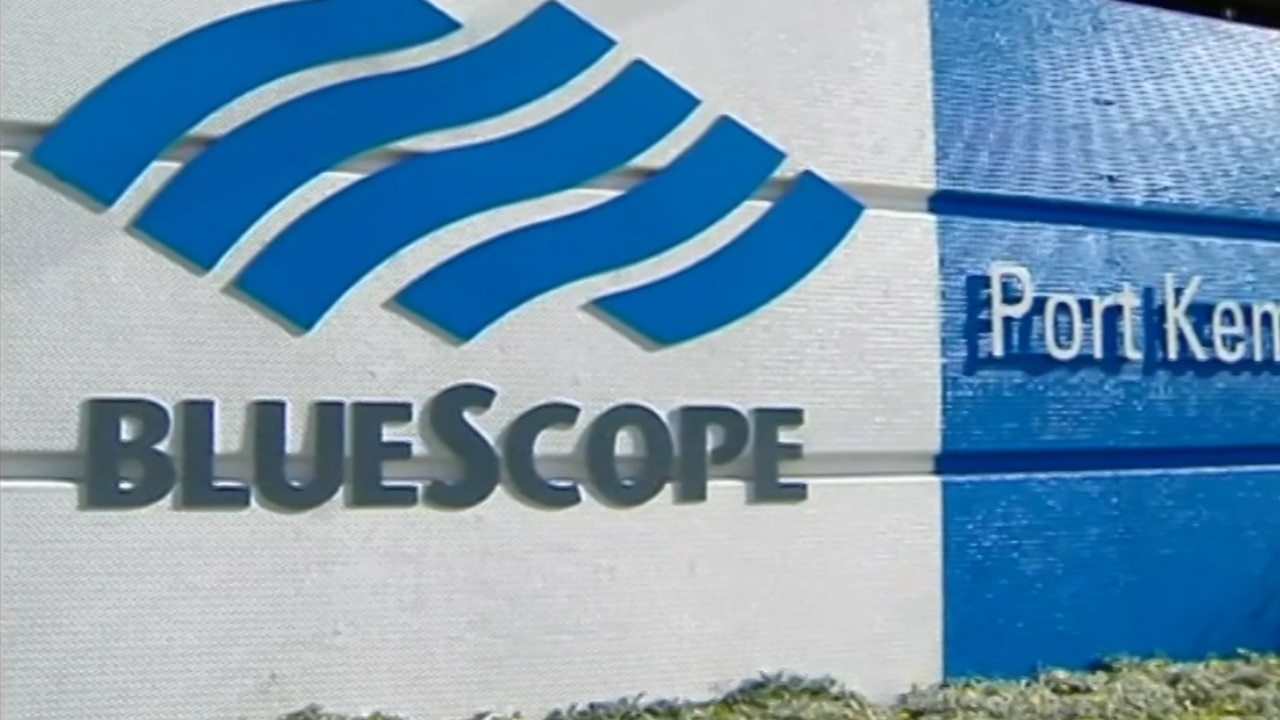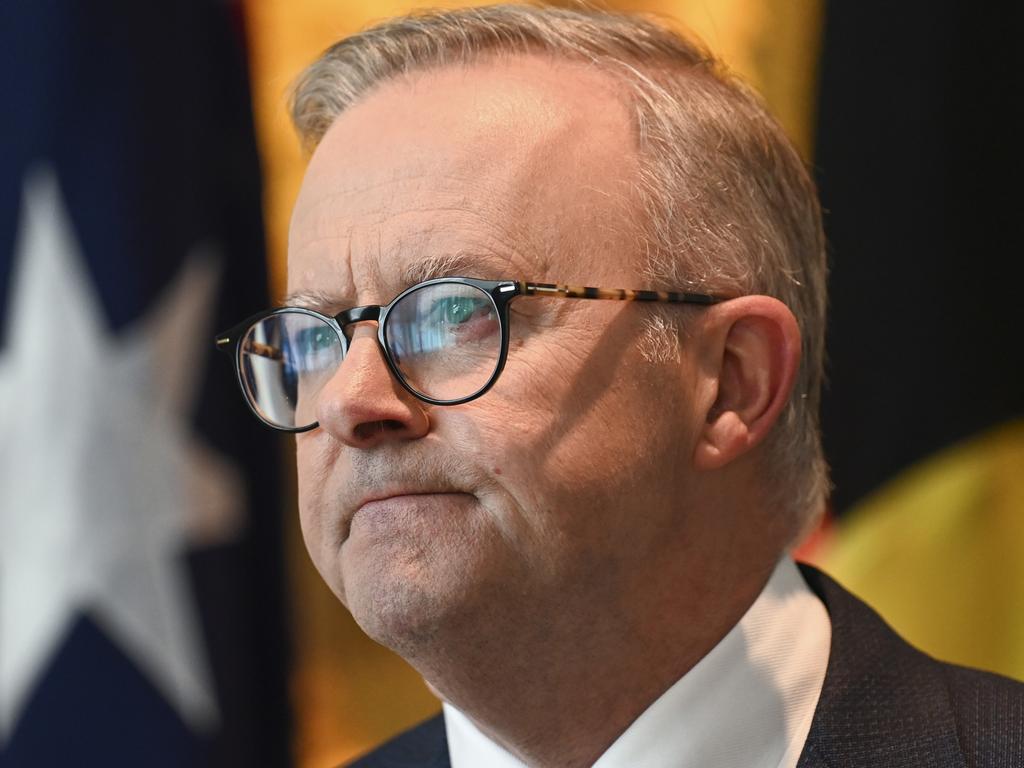Australian ‘welfare state’ at risk as health system runs short of taxpayer funds as NIB boss Mark Fitzgibbon calls for urgent reform
NIB chief executive Mark Fitzgibbon has called on Treasurer Jim Chalmers to overhaul funding of universal healthcare to shore up ‘our critically important welfare state’.

NIB chief executive Mark Fitzgibbon says Australia is “running short of taxpayers’ dollars” to fund universal healthcare and has called on Jim Chalmers to overhaul the system to shore up “our critically important welfare state”.
His call comes as investors punished NIB on Monday after a 17 per cent rise in operating costs crunched margins on its Australian Residents Health Insurance (AHRI) business, missing interim earnings estimates.
But Mr Fitzgibbon shrugged off analysts’ concerns, highlighting a 12.8 per cent rise in half-year profit, saying the company had to spend money to make money.
He said this was critical to shore up Australia’s health system – which was buckling as public waiting lists soar and taking up a greater share of government spending – and called on the Treasurer to allow health insurers to fund more services to alleviate the burden.
“We’re putting a lot of energy into building this vision of the company being a health management company, not just a health insurance company. It costs you money, but it’s an upfront investment in value creation,” he said.
“So companies will try and deal with this by capitalising every penny of their spending on future growth. But we don’t worry too much about that. If it’s a good investment … the short-term expenses will pay off.”
NIB began transitioning from being solely a health fund to health manager four years ago when it created Honeysuckle Health – a joint venture with US health services company Cigna – that uses data to predict when someone’s at a risk of becoming sick.
Last August it acquired a majority stake in Midnight Health – a web-based platform that provides after hours and remote access to doctors and pharmacists – and on Monday it unveiled its third investment in its $158.1m play to expand into the $29bn National Disability Investment Scheme.
But NIB shares dived 11.6 per cent to $7.02 on the latest news, with analysts querying the company’s growing cost base.
Barrenjoey’s head of insurance and diversified financials, Andrew Adams, said there was uncertainty around when and how investors would benefit from NIB’s investment, which was weighing on the company’s shares.
“Investors are unclear what the outlook is for future investments in regard to both expenses and revenue,” Mr Adams said.
“The focus going into this result was the benign claims environment, but today investors are focused on expenses which increased more than expected.
The elevated cost base and uncertainty as to how and when investors will benefit from this investment has weighed on the stock.”

Macquarie analysts said investors were focusing on the volatility of net margins in the NIB’s Australian residents portfolio, which fell from 10.6 to 8.6 per cent in the six months to December 31, missing consensus estimates.
“NIB are tracking back towards their long-term net margin targets for the Australian Residents portfolio of 6-7 per cent sooner than consensus expectations,” Macquarie said in a note to investors.
Meanwhile, UBS analyst Scott Russell said there did “not appear to be enough” in NIB’s interim earnings to justify a near 20 per cent rally in the company’s shares since November. He maintained a neutral rating with a 12-month share price target of $7.80.
NIB’s health claims expense rose 4.9 per cent during the half-year to $1.1bn. This compared with health insurance revenue jumping 5.8 per cent to $1.4bn.
Mr Fitzgibbon said: “There’s a symmetry returning to the businesses and profitability, after a period of Covid-led disruption. The half-year has set us up for a good full-year result and longer-term outlook.”
Overall revenue jumped 9.3 per cent to $1.5bn.
But Mr Fitzgibbon called on Dr Chalmers to start reforming Australia’s health system and adopt a similar model to New Zealand, which allows health insurers greater freedom to fund care across the healthcare system “without fuss”.
Health insurers are currently restricted on what services they can fund. For example it can’t fund specialist appointments outside a hospital, with private patients paying the full amount out of their own pocket. Meanwhile, public patients can access specialist care for free under Medicare.
This would help ease the taxpayer burden and attract more people to private healthcare, Mr Fitzgibbon said.
“We don’t celebrate the problems we see in public health, with the system under considerable pressure. At NIB, we have the sense of purpose and a strong appetite to do more. Private health insurers and the private healthcare sector generally, need greater non-government investment and participation in healthcare,” Mr Fitzgibbon said.
“We are an ageing society, with growing needs for healthcare, aged care and disability support. The inconvenient truth is we are simply running short of taxpayers’ dollars to fund our critically important welfare state.”
The company will pay an interim dividend of 13c a share on April 3. This compares with a 11c payout for the previous corresponding period.






